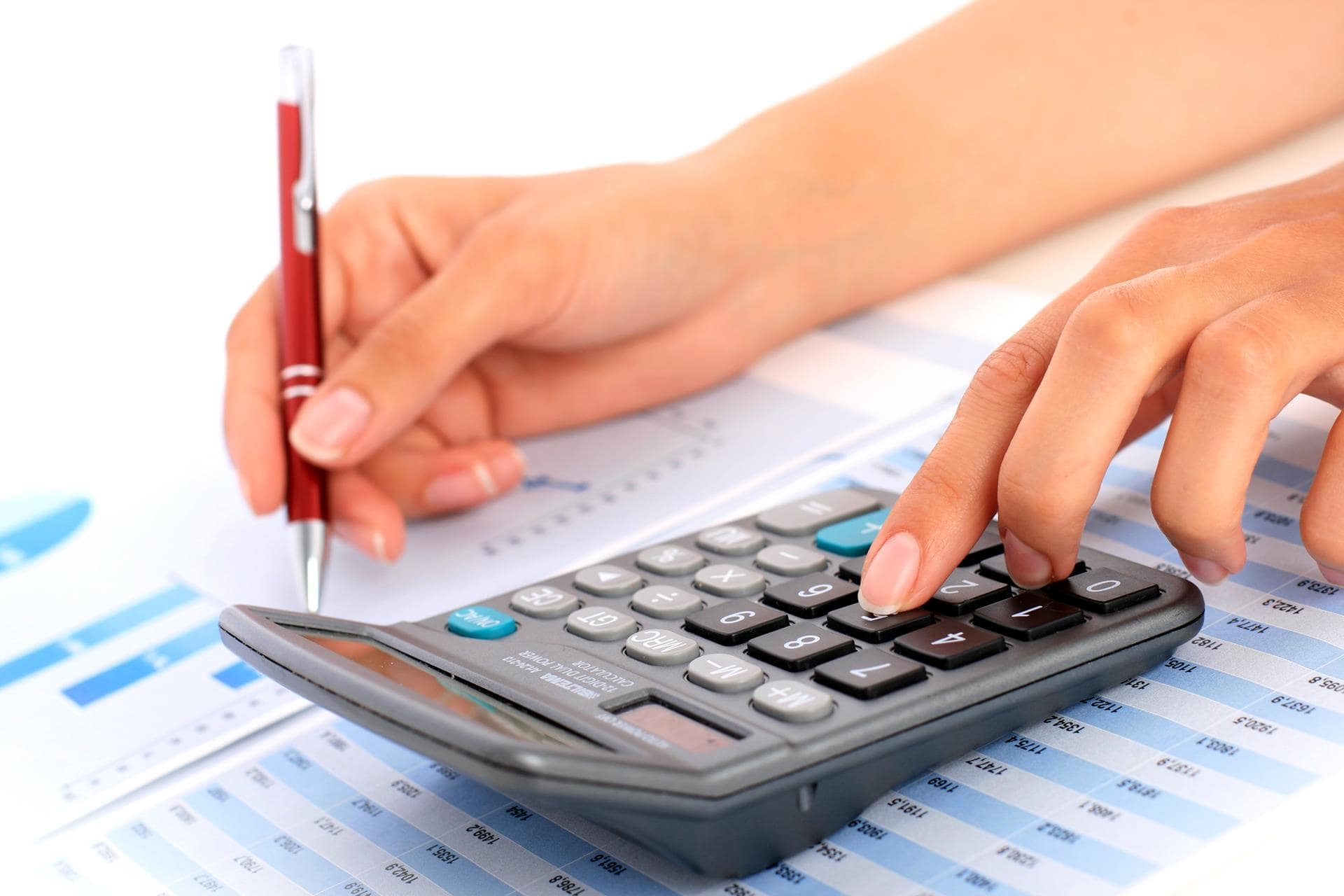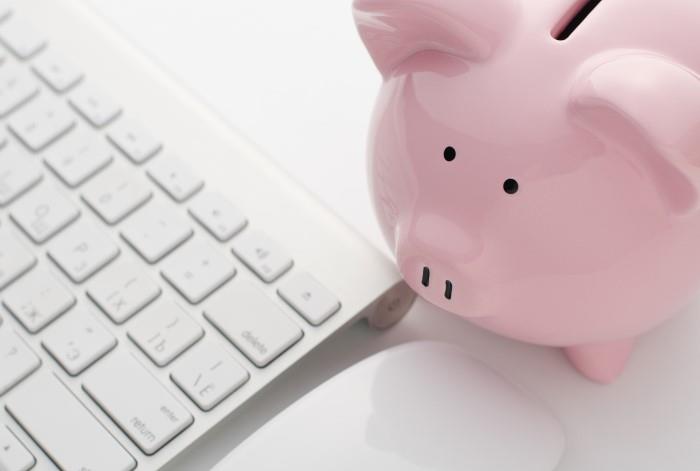Tax Returns
Our personal tax services ensure you meet your regulatory obligations and complete your tax returns correctly and on time.
We aim to spare you all these headaches and free up your valuable time by offering a comprehensive Self-Assessment service, including:
- Calculating your tax liability
- Completing and filing your tax return on your behalf
- Advising you when various payments are due and how much to pay
- Advising on appropriate record retention
- Introducing you to any relevant tax saving opportunities
- Representing you in the event of your being selected for investigation by HMRC
Self-assessment can be a time consuming for busy individuals.
Judging by the hundreds of thousands of taxpayers who are penalised by HMRC each year it can also be very costly if tax return deadlines are missed, incorrect tax returns are submitted, tax and accounting records are not retained or presented.

Sole-Traders
As a sole trader, you are running your own business as an individual. This is known as being self-employed. You can keep all your business’ profits after you have paid tax on them.
You are responsible for:
- Your business debts
- Bills for anything you buy for your business, like stock or equipment
- Keeping records of your business’ sales and expenses
- Submitting a Self-Assessment Tax Return every year including the self-employment pages
- Paying Income Tax on the profits your business makes and Class 2 and Class 4 National Insurance.

Partnerships
In a business partnership, you’re running a business as a self-employed individual but all the partners share responsibility for the business.
You can share all the profits between the partners and each partner pays tax on their share of the profits.
Both the nominated partner and individual partners are responsible for:
- Sending their personal Self-Assessment tax return every year
- Paying their Income Tax on their share of the partnership’s profits
- Paying their National Insurance
- Any losses the business makes
- Costs for the business
The nominated partner must also send the partnership’s tax return.
We can assist you in fulfilling these requirements, please contact us.

We are able to assist
you with all your
financial
requirements to
maximise the
efficient running of
your business and to
minimise your
taxation liabilities.
Limited Liability Partnerships
A Limited Liability Partnership (LLP) is a legal body corporate on its own just like a
limited company. The main benefit of trading as LLP are that partners are not
personally liable for their business debt provided they are not negligent. Partners’
personal liability are limited to the amounts of capital contributed to the LLP.
Partners’ personal assets are safe if the business fails in this respect. This is contrary to
normal partnership rules.
For income tax purposes, partners in a LLP will be taxed as if they are in an ordinary
partnership.
As a LLP Member you are responsible for:
- Keeping records of your business’ sales and expenses
- Sending a Self Assessment every year
- Paying Income Tax on the profits your business makes and National Insurance.
If you have any questions please do not hesitate to contact us.

Capital Gains Tax
Capital Gains Tax (CGT) is a tax on the profit when you sell or ‘dispose of’ something (an ‘asset’) that’s increased in value. It’s the gain you make that’s taxed, not the amount of money you receive.
Example You bought a painting for £5,000 and sold it later for £25,000. This means you made a gain of £20,000 (£25,000 minus £5,000).
The following are excluded from CGT:
- Gifts between husband and wife or between civil partners
- Gifts to registered charities
- Gains on the sale of government bonds (GILTS)
- Betting, lottery or pools winnings
- Gains on assets sold within an ISA
- Most cars
- Personal possessions including jewellery and paintings sold for under £6,000.
You also do not have to pay Capital Gains Tax if all your gains in a year are under your CGT tax free allowance.
Selling Your Residential Rental Property
You may have to pay capital gains tax if you make a profit when you sell property that’s not your home. For example, buy-to-let properties, land or inherited property. In most cases you do not need to pay the tax when you sell your home. For UK property disposals made from 6 April 2020, you have 30 days after the property’s completion date to report and pay any Capital Gains Tax due on your UK property disposals.For completions on or after 27 October 2021 you have 60 days after the property’s completion date to report and pay any Capital Gains Tax due on your UK property disposals.
Due to coronavirus (Covid-19) HMRC did not issue late penalties to any transactions completed between 6 April and 30 June 2020, provided the gain was reported and any tax due paid by 31 July 2020. Anyone who completes the sale of a property from 1 July 2020 onwards has 30 calendar days to report and pay the tax due.

Selling Your Home (Private Residence Relief)
You do not pay capital gains tax when you sell (or ‘dispose of’) your home if all of the following apply:
- you have one home and you’ve lived in it as your main home for all the time
you’ve owned it - you have not let part of it out - this does not include having a lodger
- you have not used part of it for business only
- the grounds, including all buildings, are less than 5,000 square metres (just over an acre) in total
- you did not buy it just to make a gain
If all these apply you will automatically get a tax relief called Private Residence Relief and will have no tax to pay. If any of them apply, you may have some tax to pay.
